Ganga Dussehra, a revered festival in India, ushers in an enchanting tale as the holy river Ganges descends to Earth. It is a moment of divine connection, where devotees gather on the riverbanks to witness a legend that weaves together myth, culture, and spirituality in a captivating embrace. So, without further ado, let's immerse ourselves in the enchanting story of Ganga Dussehra.
Once upon a time, there was a wise king named Sagar in a great dynasty. He had two queens, Vaidarbhi and Shaivya. King Sagar wanted a son, so he went to a sacred mountain and prayed to Lord Shankar, a powerful deity. Pleased with his devotion, Lord Shankar granted him a boon – sixty thousand sons from one queen and one son from the other.
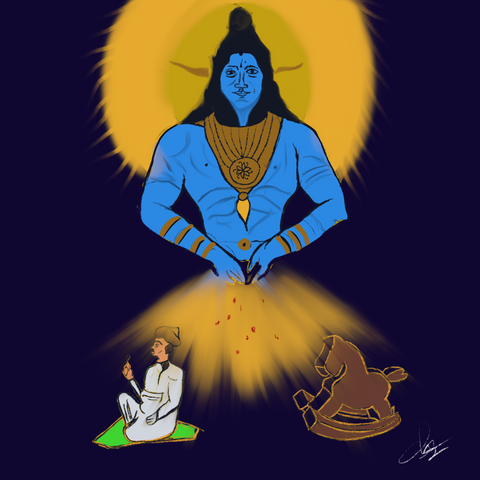
Time passed, and two sons were born: a handsome prince named Asmanjh and a magical horse named tumbhi, which turned into sixty thousand sons when broken. Asmanjh's son was Anshuman. However, Asmanjh turned out to be wicked and was banished from the kingdom.
Later, King Sagar initiated a grand ritual called Ashwamedha Yagya to assert his authority. He released a special horse named Shyamkarna. However, the horse was stolen by the king of gods, Devraj Indra, and hidden in the hermitage of Kapil Muni, a sage absorbed in meditation.
The sixty thousand sons of King Sagar embarked on a quest to find the stolen horse. They dug deep into the earth and reached Kapil Muni's ashram, where the horse was tied. Misunderstanding the sage's role, they spoke harshly to him. In anger, Kapil Muni reduced them to ashes with his fiery power.
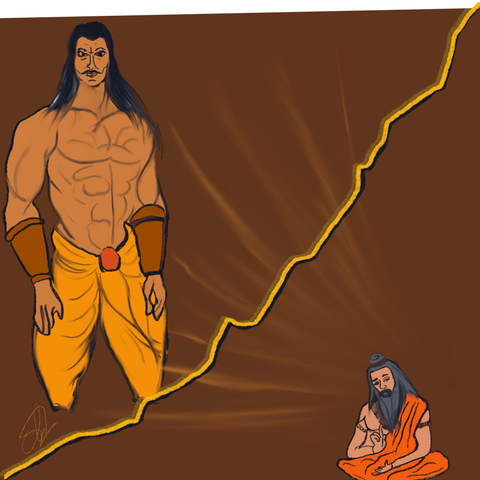
When King Sagar learned of this tragedy, he urged his grandson Anshuman to seek forgiveness and retrieve the horse. Anshuman pleased Kapil Muni, who advised that only the water of the Ganges could redeem his ancestors. So, Anshuman completed the Yagya and took up the quest to bring the Ganges from heaven to cleanse the ashes.
Anshuman's son, Dilip, and later his grandson, Bhagirath, attempted the same, but only Bhagirath succeeded. Ganga, the goddess of the sacred river, agreed to come to Earth but warned that her immense flow would be tamed only by Lord Shiva's intervention.
Bhagirath performed intense penance to please Lord Shiva, who stood atop the Himalayas to catch Ganga's torrential fall. Ganga landed on Shiva's hair and slowly descended. Bhagirath guided her to the ashes of his ancestors, saving them. Finally, Ganga flowed into the ocean, rejuvenating it.
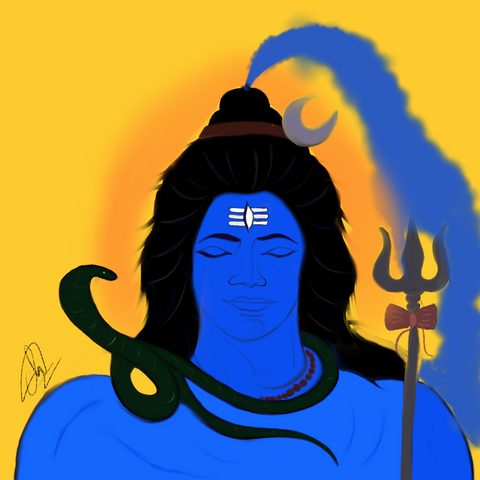
This tale of King Bhagirath's unwavering devotion and determination in bringing the divine Ganges to Earth is celebrated as Ganga Dussehra. It reminds us of the power of faith and the deep connections between humans, gods, and the natural world.
How Is the Festival Celebrated?
It is rooted in the Hindu belief that seeking blessings from Maa Ganga during Ganga Dussehra can purify the mind, body, and soul and absolve sins or papa that one may have created through their thoughts, words, and deeds. Ganga Dussehra is a religious festival of immense spiritual significance that is observed with great gusto, especially on the banks of the river Ganges in the cities like Varanasi, Rishikesh, Haridwar, and Prayag Raj.
The 10th day of Shukla Paksha or the waxing moon of Jayestha month, as per
the Hindu calendar marks the beginning of this occasion.
Ganga Dussehra is celebrated for 10 days and is known to bring peace to the
ancestors, welfare to the progeny, and fulfillment of the desires of the ones
that observe it with devotion. The number 10 holds great importance during
Ganga Dusshera as all offerings such as flowers, incense sticks, and fruits are
required to be presented in sets of 10. Similarly, if one takes a dip in the holy
water of the Ganga River 10 times during these periods, one can be liberated
from 10 sins. Furthermore, during this period of Dussera, it is advised by the
astrologers to be mindful of the number ten while donating the items donated
should not exceed the count of ten.
Ganga Dusshera holds a special place in the hearts of the devotees who offer
prayers and perform rituals to seek blessings from the holy river.


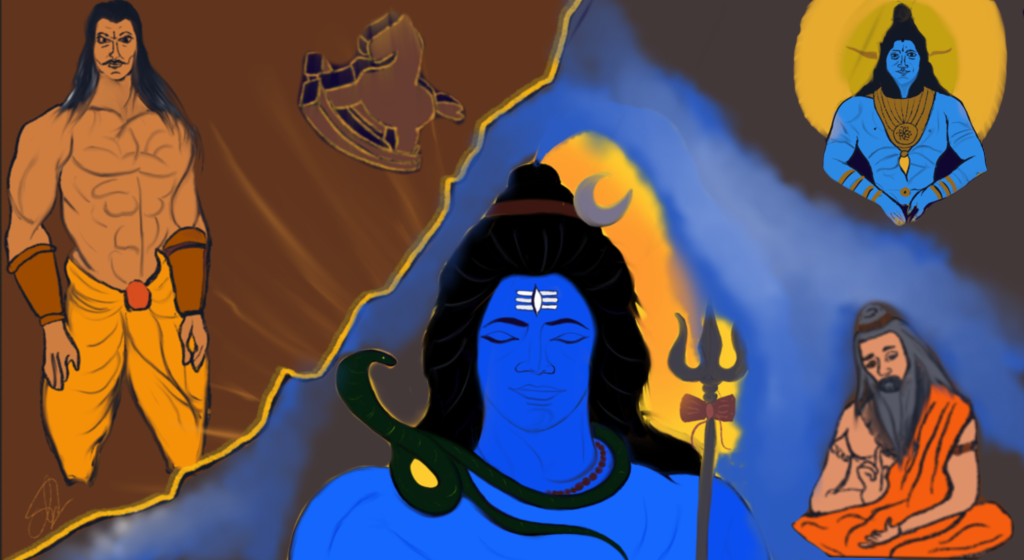


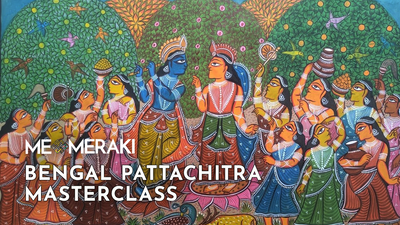


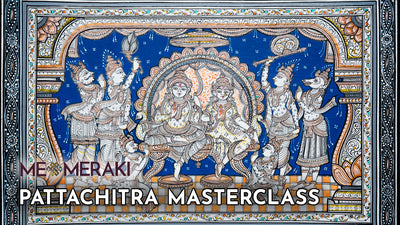




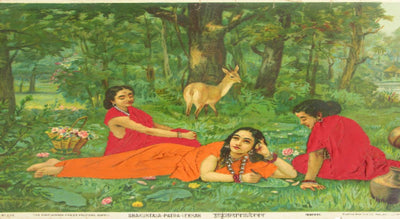

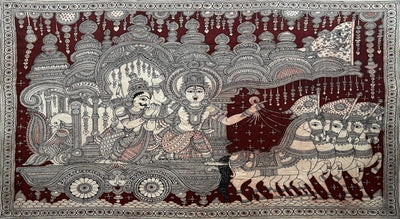

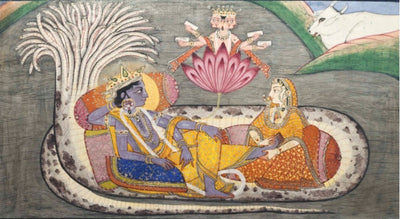
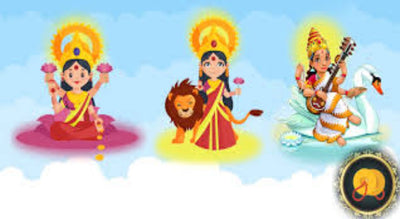
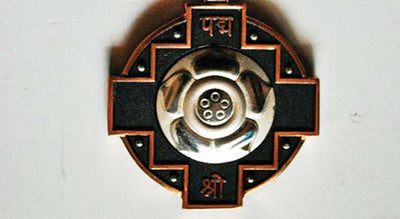

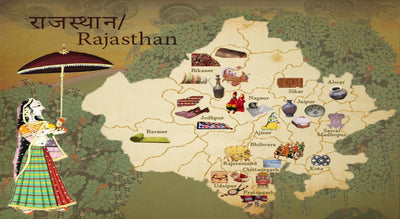
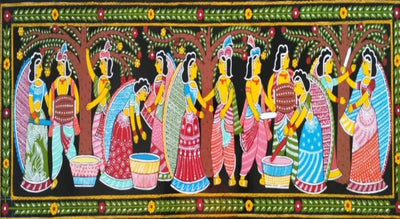




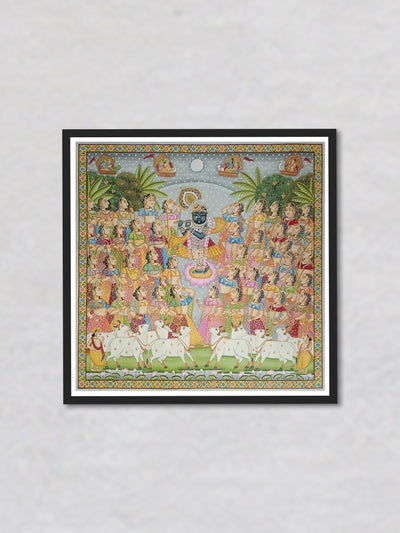
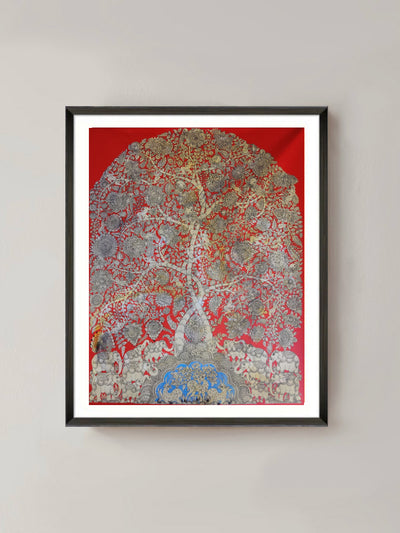

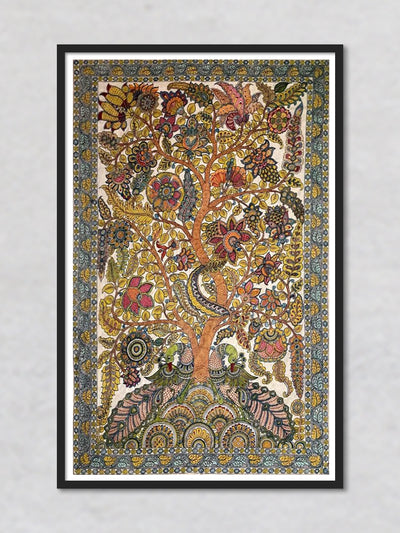









0 comments